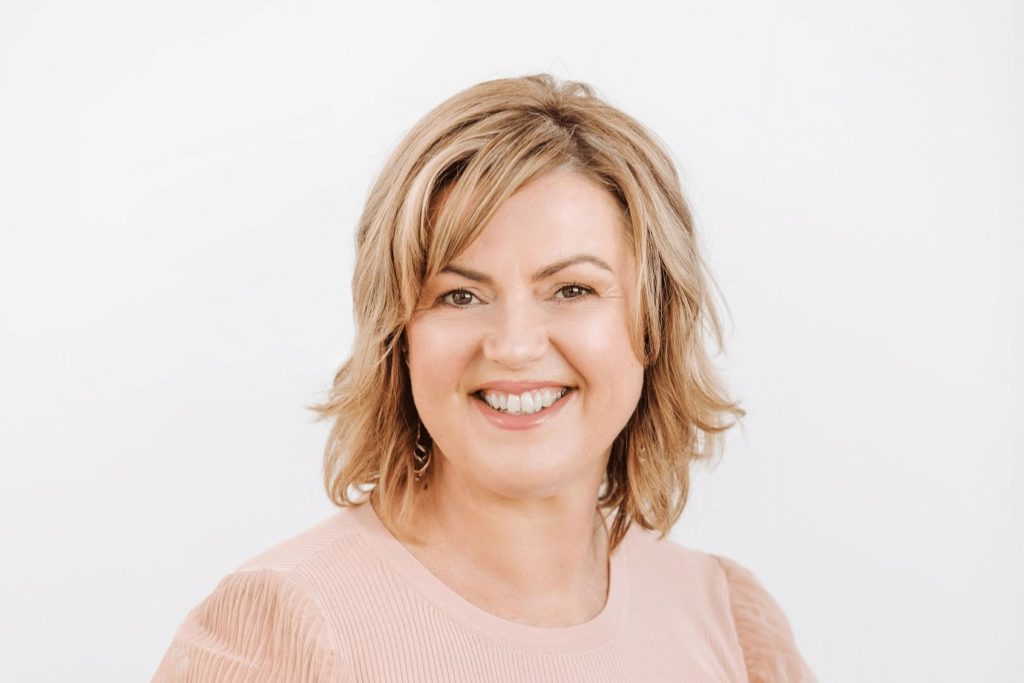I’d like you to meet Nick. Nick has Autism and ADHD. He’s one of 75 million globally and one of over a billion who identifies as neurodiverse globally.
He has had trouble with social interactions all his life and when he got to secondary school he was bullied and socially isolated. He turned to social media to find friends, and started chatting with people who he thought might be friends. Unfortunately, he continued to be bullied and this also resulted in him being tricked into chatting and meeting people with fake profiles. On one particular occasion, he met up with someone who he thought was a peer, but was in fact an adult who tried to grab him!
By the time he was 15, he had no friends. He couldn’t attend school due to the anxiety that he had resulting from the bullying behaviour, and the unrealistic expectations placed on him as a special needs teenager. Throughout his teenage years, he has been admitted to hospital several times because of his mental distress. He hasn’t had the opportunity to make friends safely or find the right support tribe, which has left him struggling with mental distress and unable to find employment.
Nick is my son.
From my perspective as a parent, I could see from an early age, Nick was having trouble socially and wasn’t able to form friendships in the same way as neurotypical kids. Unfortunately, he was the young person who was sent home from kindergarten and school because he would be disruptive when he was anxious. He was the young boy who wasn’t invited to parties and was the one who ended up in the Emergency Department on a regular basis because of his emotional distress throughout his teenage years.
Watching your child suffer through this is heartbreaking. As a parent, it has been isolating and lonely as many do not understand the challenges of parenting a neurodiverse child.
Although our journey has had and will continue to have many challenges, I’m extremely grateful for the support we’ve received from the various allied health professionals and for the opportunities I’ve had to learn how to better support people with invisible disabilities. Despite having worked in organisations that talk about diversity and inclusion, I’m now able to understand what ‘real’ inclusion means at a much deeper level – in society, education, and workplaces. Being a parent of a neurodivergent child has given me the chance to really recognise what it means to be seen and heard.
For our son and many others, the transition from primary to secondary school was traumatic. Not only are our young people moving from the safe and secure environment of primary school where they have the same teacher for most of the day, they are also going through hormonal changes at this stage of their lives. Secondary school can be very overwhelming- new teachers, new students, and a very different approach to learning.
We know from the research that neurodivergent people are three times more likely to encounter mental health issues in their lives, often due to loneliness and social isolation. Suicide is the number one cause of death in our kids under 17, which means supporting our teens is crucial and it makes finding your tribe all the more important.
That’s where Kaboose comes in. My son is my inspiration, and the reason I founded Kaboose. After watching him suffer from these feelings of loneliness and disconnectedness despite the many attempts to try and help him find the tribe he was so desperately seeking, I decided I needed to create something that would help him and millions of others. I was determined to create a community that would give our young people the opportunity to safely build support groups, and allow them to develop meaningful relationships. I wanted the focus of our app to be on matching special interests rather than diagnosis. I firmly believe that we all want to be connected and accepted for who we are. More than anything else, we all want to find someone who really gets us.
At Kaboose, our aim is to improve the mental health and connectedness of the autistic and neurodivergent community by finding friends, building social capability through our mentor matching program, and reducing underemployment in this community by providing job opportunities that are inclusive and meet their needs. I am so grateful to have found a path that has led me to feel like I am helping create a better world for autistic and neurodiverse people. It makes me wish that something like Kaboose had existed when Nick was navigating those tough years, but I take comfort in knowing that in the future families with an autistic member will be spared the anguish that I experienced and that young autistic and neurodiverse people will be able to find their tribe thanks to Kaboose.

